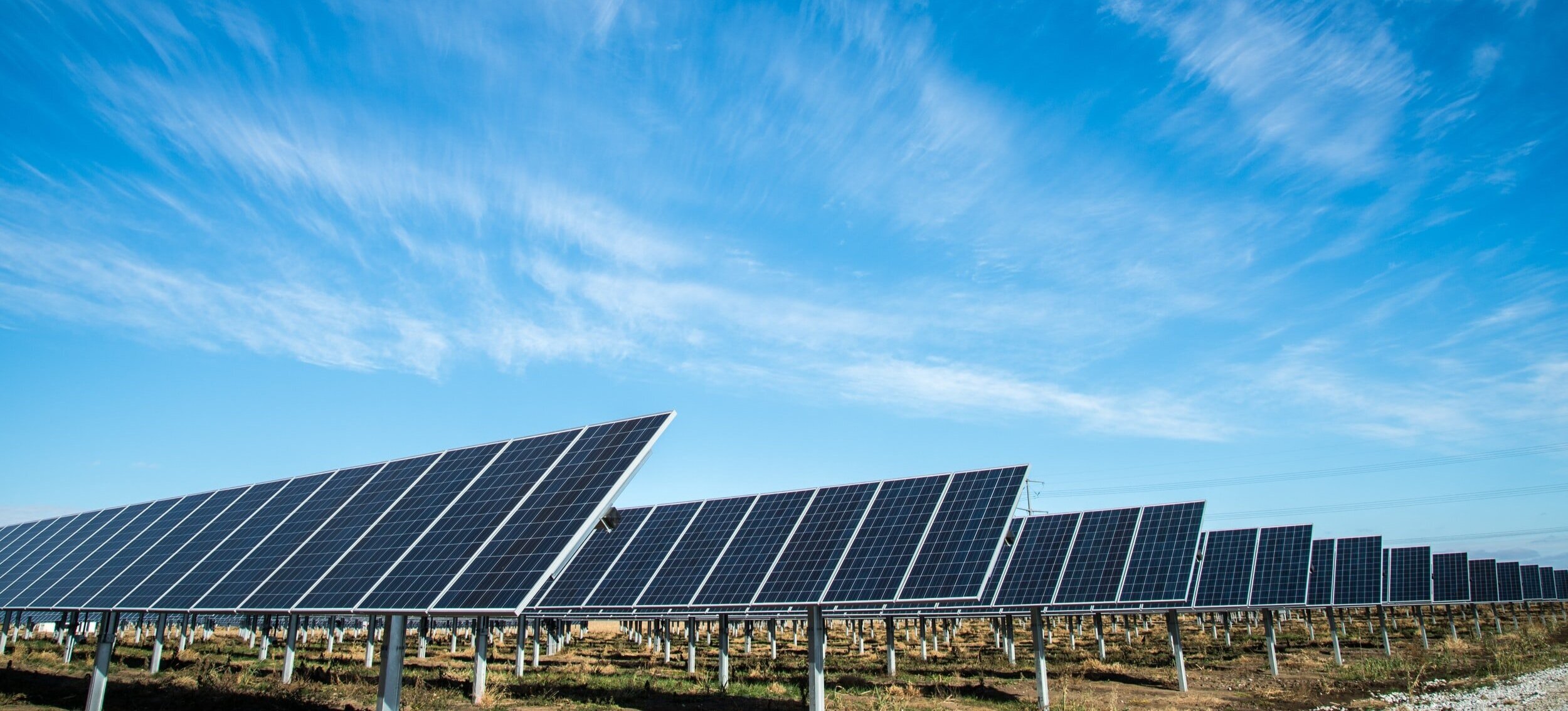
What does the Energy Jobs & Justice Act Do?
The Energy Jobs & Justice Act categorizes revisions in Ohio law into three primary policy pillars that provide the accountability and transparency necessary to ensure an equitable energy landscape that exists to serve all Ohioans. The Energy Jobs & Justice Act places a focus on the development and implementation of clean energy and energy waste reduction standards that are proven to grow Ohio jobs and save Ohioans billions of dollars by decreasing energy consumption.
These three pillars include:
EQUITY
Office of Energy Justice (OEJ): Ohio must renew its focus on energy and environmental justice issues by establishing an Office of Energy Justice. The OEJ’s mission will be twofold: to ensure Public Utilities Commission of Ohio (PUCO) decisions are guided by and benefit from the principles of energy justice, and; to administer critical programs related to equitable business and workforce development, access to financing and capital, and worker training and transition.
Equitable Business and Workforce Development: Structural, historical, and institutional barriers have been faced by workers and contractors that identify as Black, Indigenous and People of Color (BIPOC). The Energy Jobs & Justice Act directs resources and support to reduce those barriers, investing millions per year in workforce development and contractor equity which will draw in billions per year of new private workforce investment in Ohio.
LOWERING CARBON EMISSIONS
Carbon Reduction Plan: Retail electric providers will be required to submit carbon reduction plans to the PUCO detailing how they will reach a 50% reduction in carbon emissions by 2030 and 100% carbon reduction by 2050.
Zero Carbon Credits: The Ohio Environmental Protection Agency (OEPA) will oversee an economy-wide standard requiring a 26% reduction in carbon emissions by 2025, a 50% reduction by 2030, and a 100% reduction by 2050, measured from 2005 baseline emissions levels. OEPA will oversee this effort and it includes a mechanism to factor in the carbon reduction plans overseen by the PUCO in the economy-wide standard.
Leveling the Playing Field for Renewables: This legislation levels the playing field for all forms of generation so Ohio begins to harness the global marketplace trending heavily towards renewable energy. This leveling starts with removing unreasonable requirements on wind farm siting. The Act expands access to solar energy by enabling community solar through “virtual net metering,” and makes the local tax revenue mechanism called the PILOT (Payment in Lieu of Taxes) program a permanent benefit for local school districts and county governments.
Energy Waste Reduction: This legislation includes the development of energy waste reduction (EWR) standards (formerly referred to as energy efficiency resource standards) that save Ohioans money and reduce reliance on dirty and more expensive forms of generation. This provision also repeals problematic counting provisions that failed to result in verifiable energy savings, prohibits utilities from receiving incentive payments when they use banked savings to reach their minimum compliance with the EWR requirements, and requires the PUCO to set up a collaborative pre-approval process for the utility’s EWR portfolio plans.
UTILITY ACCOUNTABILITY AND TRANSPARENCY
Audits and Investigations: In 2020, Ohio experienced one of the largest bribery and corruption scandals centered on utility influence over policymaking at the Ohio Statehouse. The scandal highlighted weaknesses in Ohio law that gives state regulators the ability to investigate and hold utilities accountable to the public for any engagement in malfeasance. The Act strengthens the state’s auditing and investigation ability into utilities suspected of wrongdoing.
Rates and Charges: Ohio needs additional safeguards against massive rate increases in order to protect Ohioans, particularly those that are already economically vulnerable.
Stipulations/Settlements: Because utility proceedings at the PUCO impact what Ohio families and businesses pay for electricity, and environmental outcomes, many stakeholders intervene to advocate for better outcomes in these cases. However, many PUCO cases end in a negotiated settlement agreement among some of the parties to the case, and often the voices of Ohio families, small businesses, and communities impacted by fossil fuels are not at the table. The Act clarifies and sets requirements for how and when a settlement can take place and tighten the requirements for when the PUCO may adopt a settlement.
PUCO Reforms: At least every 2 years PUCO must develop a comprehensive assessment of EJ and EJ principles that are associated with rates, provision of energy service, operation of existing energy facilities, non-remediated issues assoc with retired facilities; and impending retirements.



